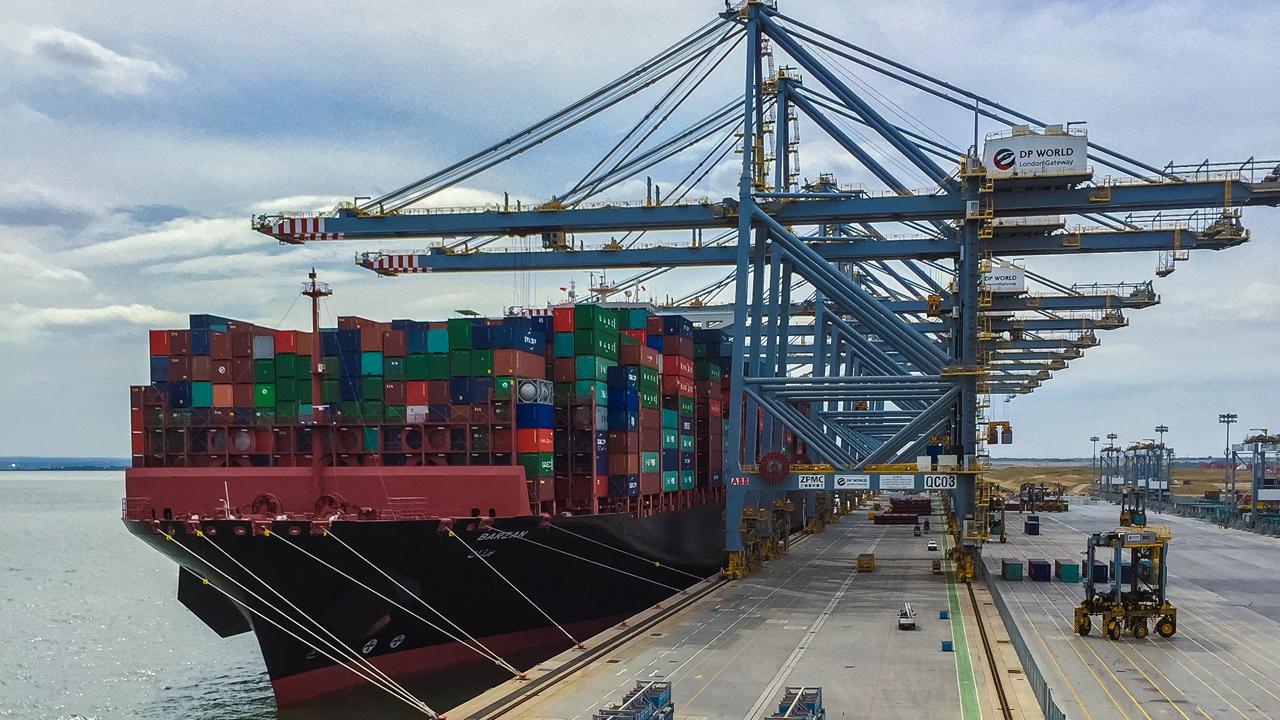Brexit Hasn't Brought a Trade Apocalypse for the U.K...Yet
On a recent windy morning in August, as rain threatened to break free from darkening clouds high above the Thames River, a 199,714-ton container ship docked at London Gateway, a nearly three-year old port situated just 30 miles outside of London. The ship’s 18,000 containers, stocked with all manner of manufactured goods, would be unloaded over the course of two days, sorted and dispersed to stores across the United Kingdom.
Amid the cool, breezy weather, robotic lifts and cranes that claim the title of the world’s biggest moved in perfect synchrony with burly workers to efficiently unload the ship’s contents. Stacks of containers, whose final destinations were London, were moved to a storage facility just yards from the ship’s sides.
London Gateway is the U.K.’s newest port and ranks among the country's most technologically advanced. Executives there hope to lure more container ships to its shores based on both its proximity to London, and robotic elements that make loading, unloading and storing shipping containers safer for dock workers.
While London Gateway’s operations appear steady, streamlined and efficient, the future of trade in the U.K. – and what it means for the port’s ability to acquire new business – has been thrust potentially into an unlikely state of turmoil. A late-June referendum threw the U.K. into a remarkably uncertain future when voters opted to sever their nation’s more than four-decade membership in the European Union. Many who have dissected the motivation for the outcome pin it on a desire to stop the free movement of people through the EU’s 28 nations. What perhaps wasn’t as thoughtfully considered, economists argue, were the economic implications of such a vote.
For the nearly $1.96 billion megaport, built by Dubai’s DP World that is heavily dependent on British imports, uncertainty is an unwelcome surprise. So far, London Gateway hasn’t seen much impact of Brexit and its CEO, Cameron Thorpe, said the vote could provide a positive or negative impact – it’s just too early to tell.
“It’s naturally part of what we have to deal with, and we’ll find solutions to deal with it,” he told FOXBusiness.com. “It’s about making ourselves as competitive as possible. That drive doesn’t change whether there was Brexit or whether there wasn’t.”
This is the first piece in a three-part series exploring how Brexit will impact the future of the United Kingdom’s overall economy, and its ability to trade with the rest of the world.




















